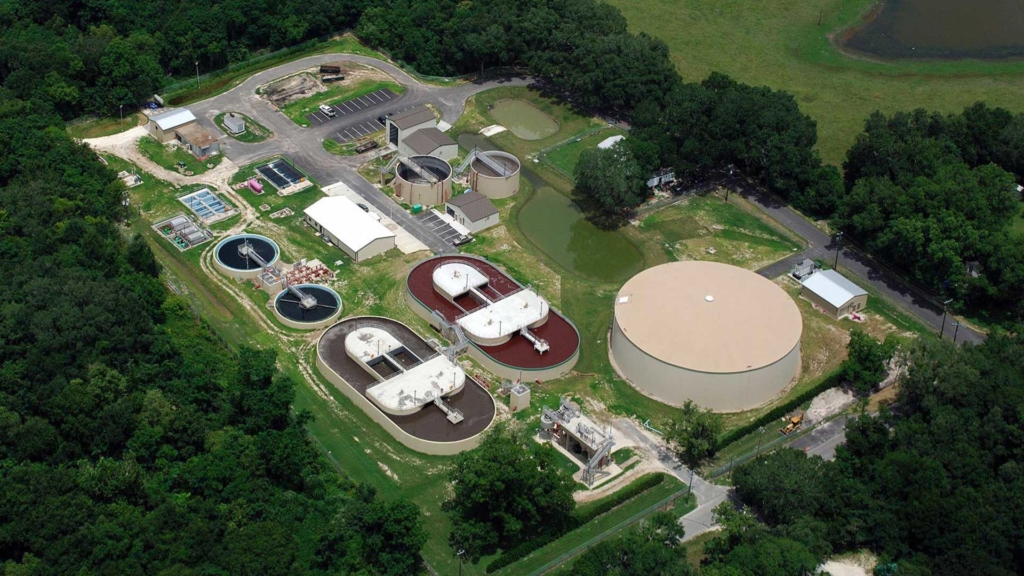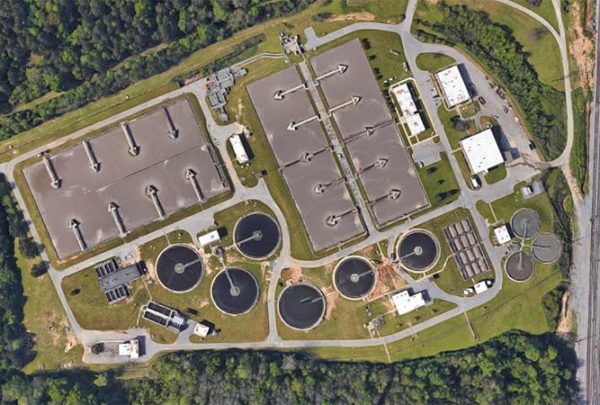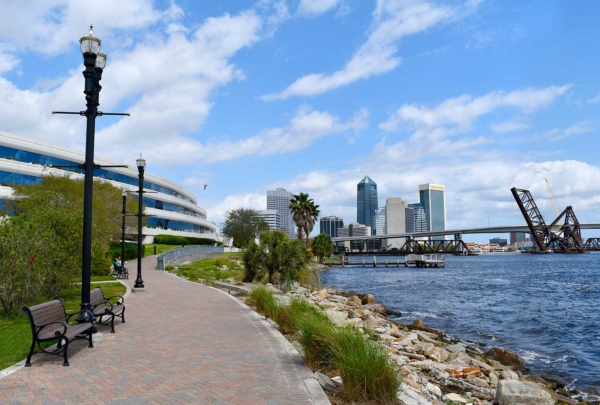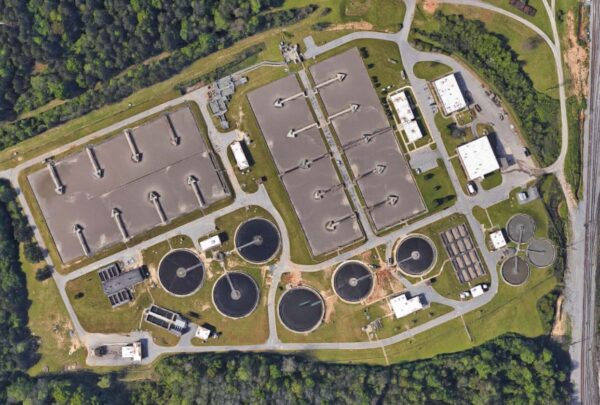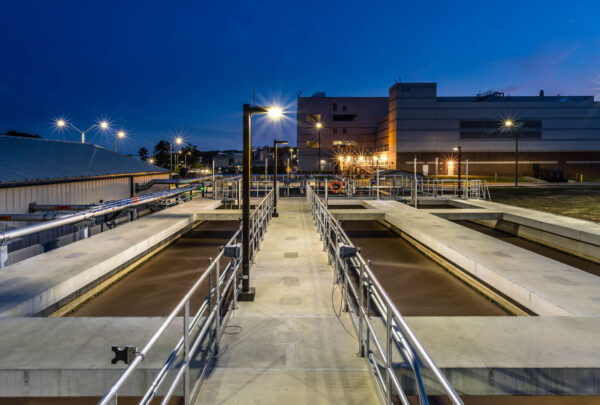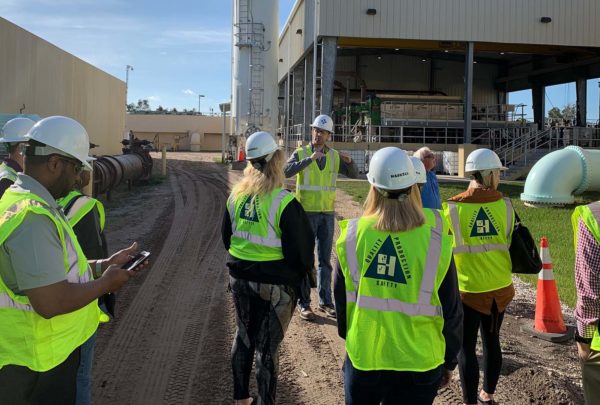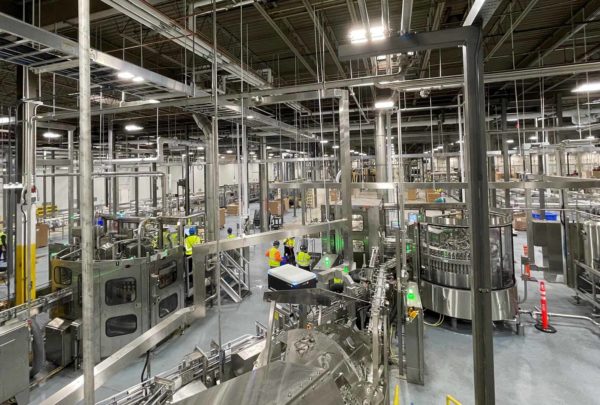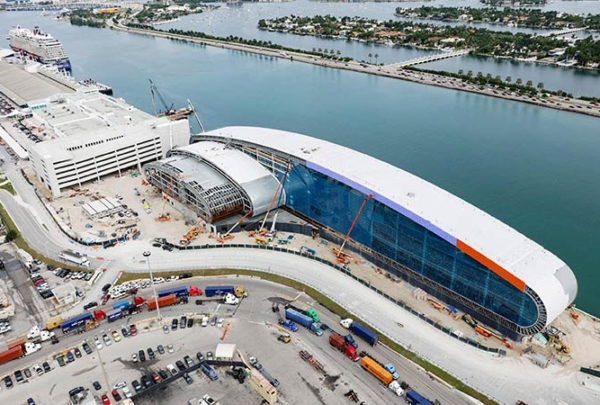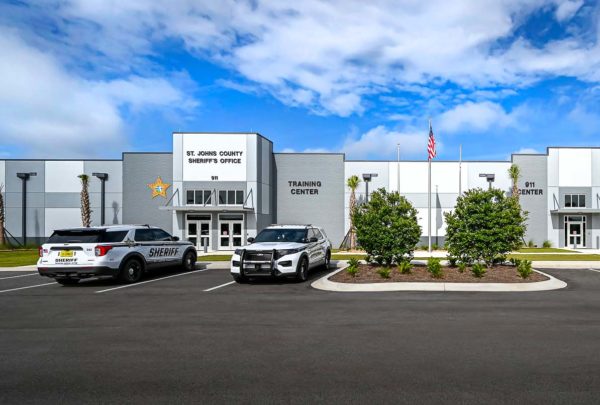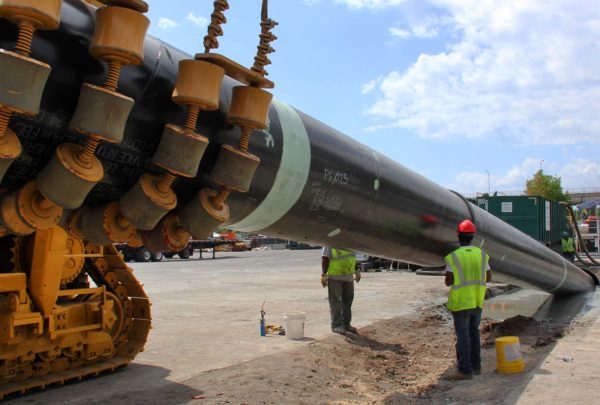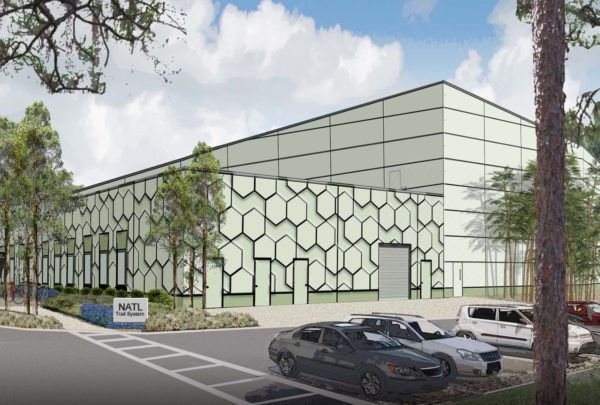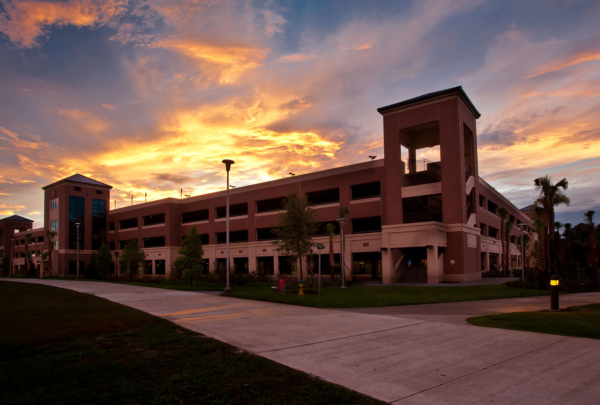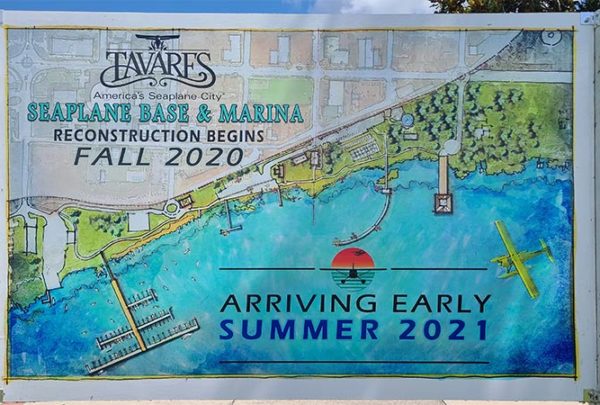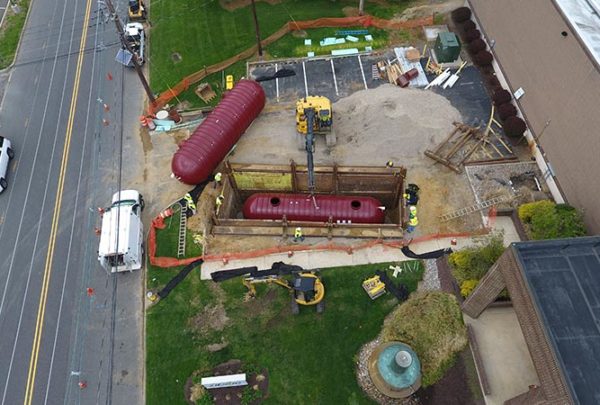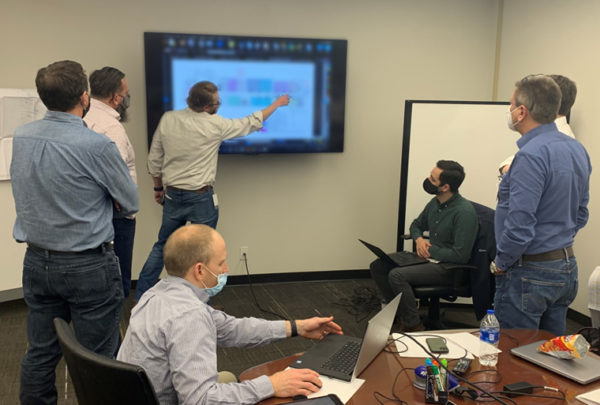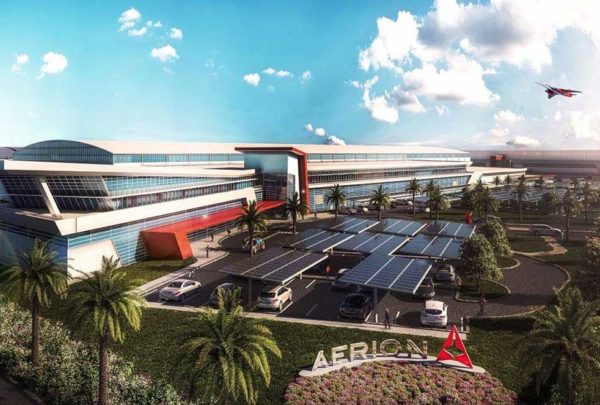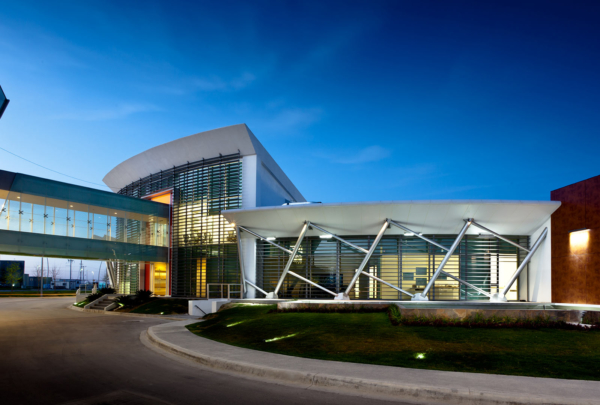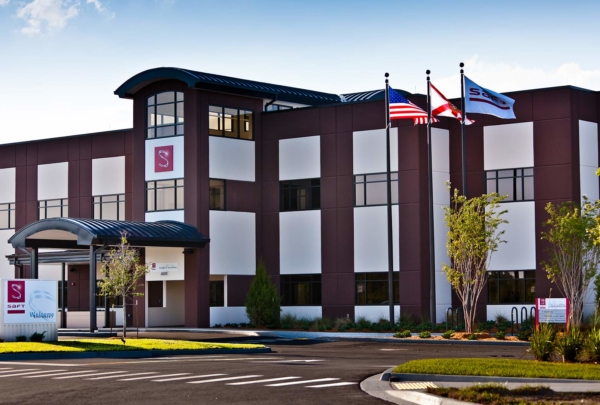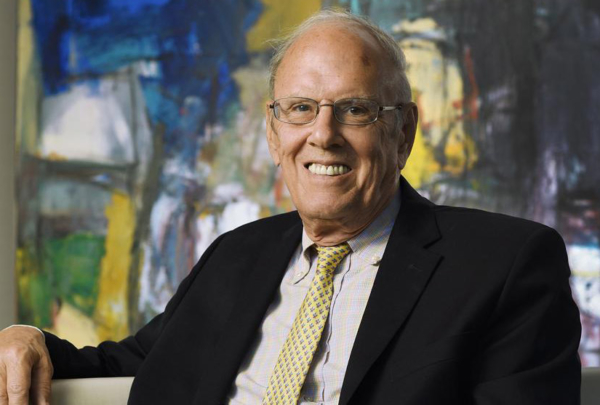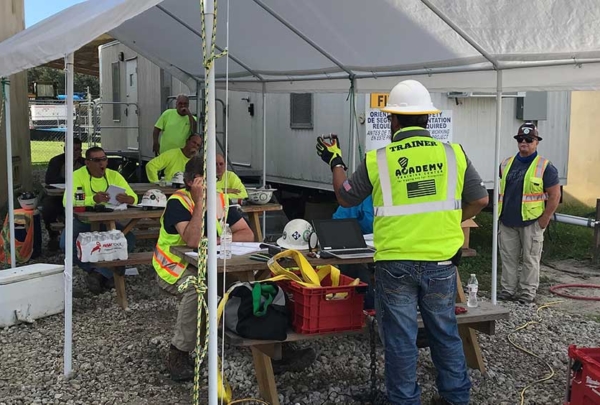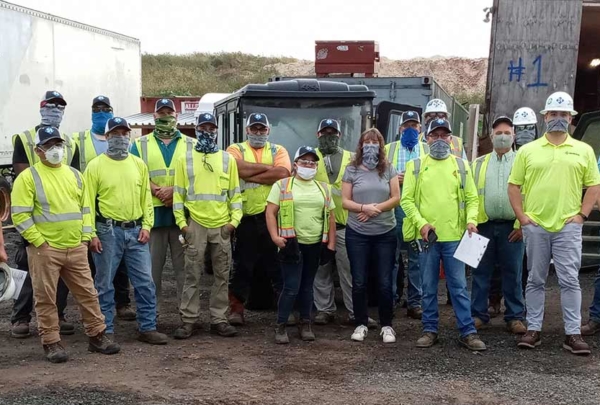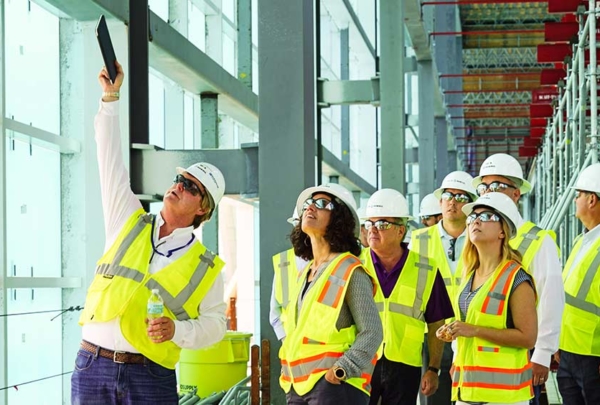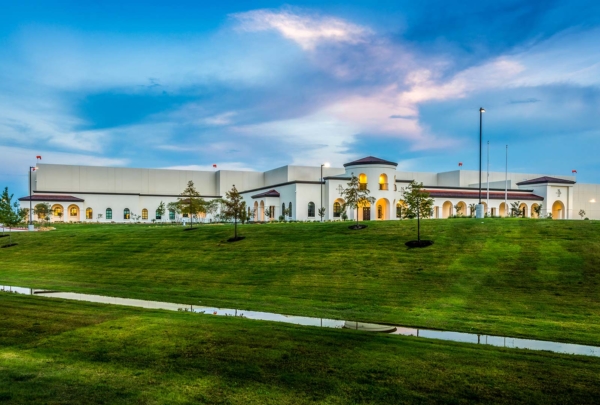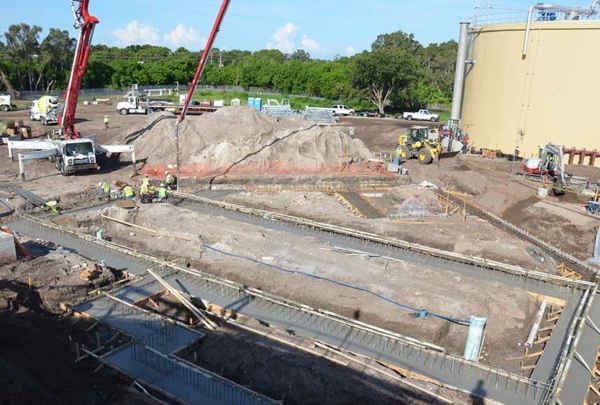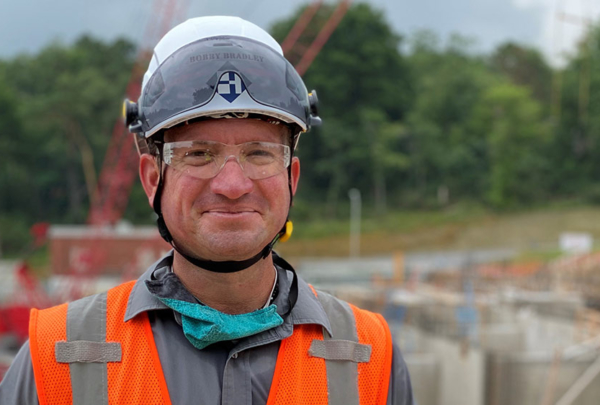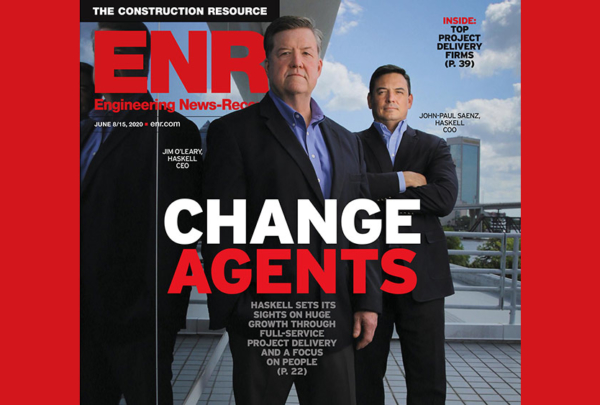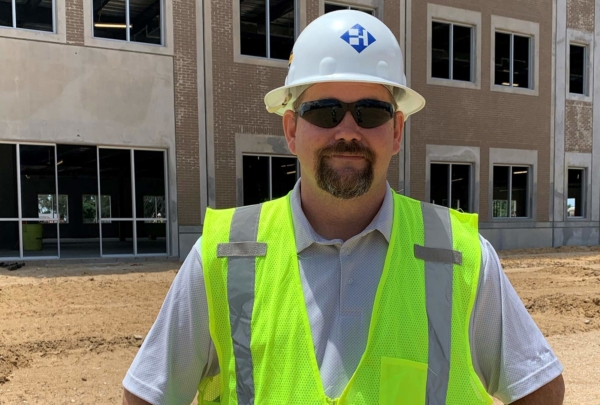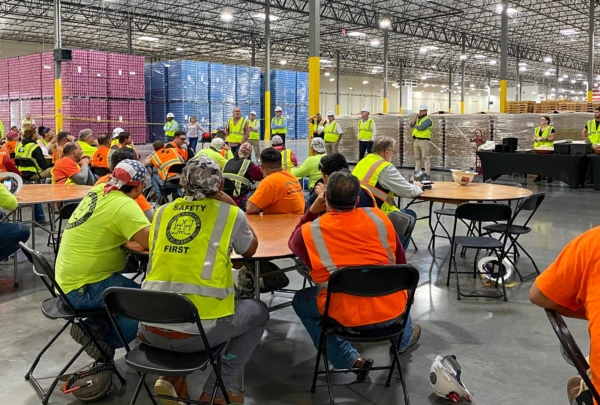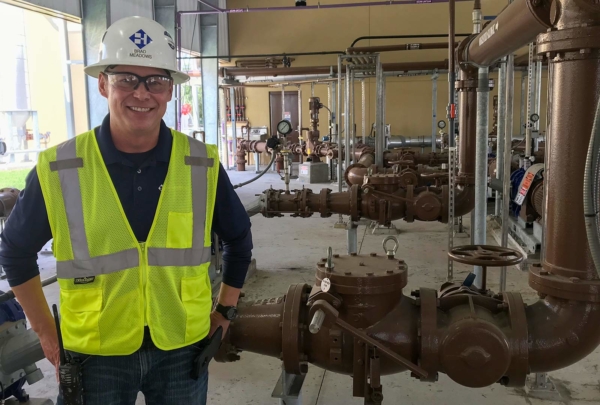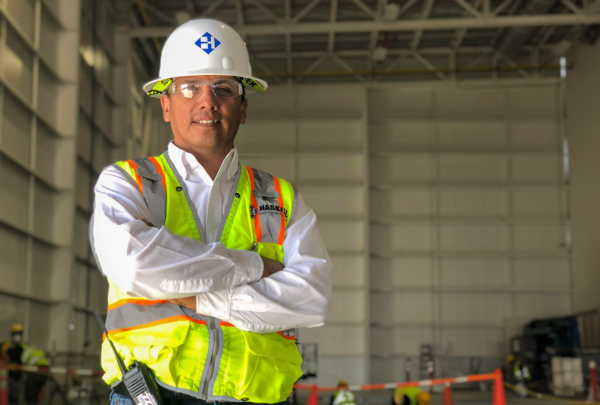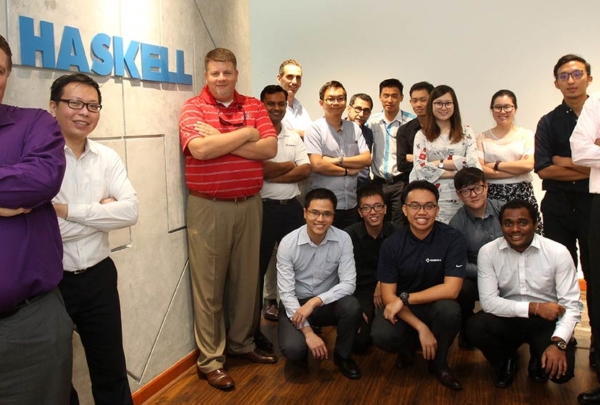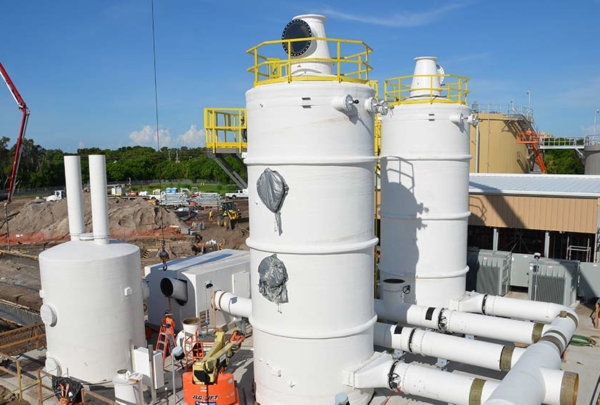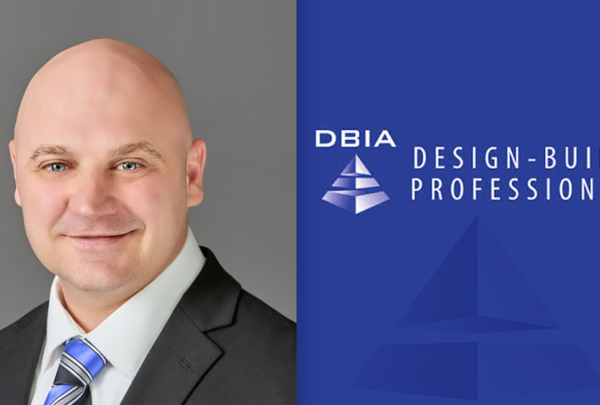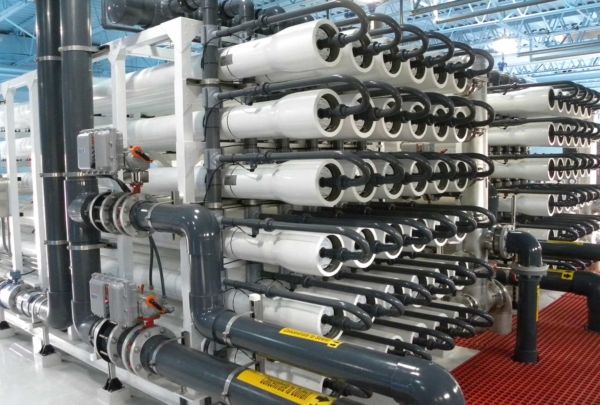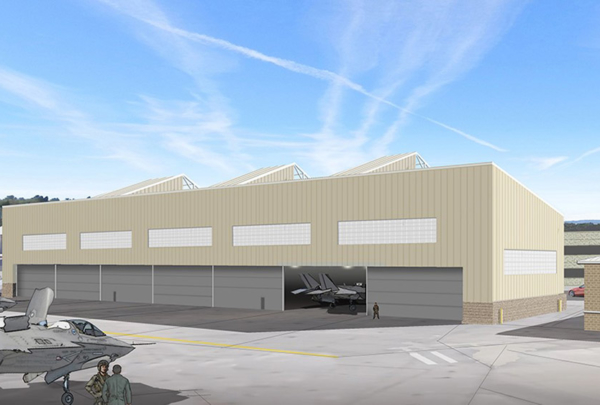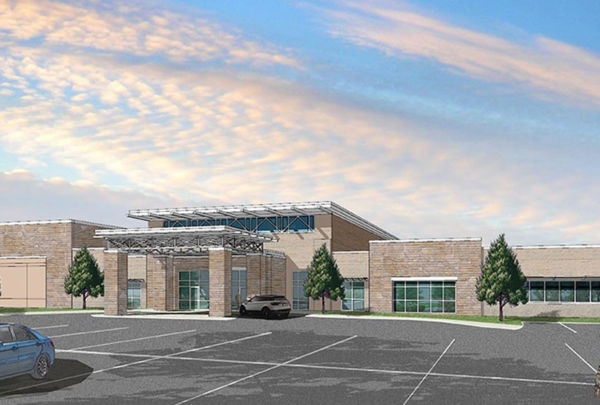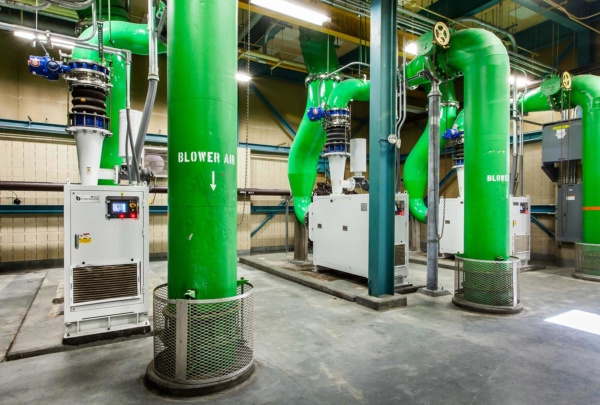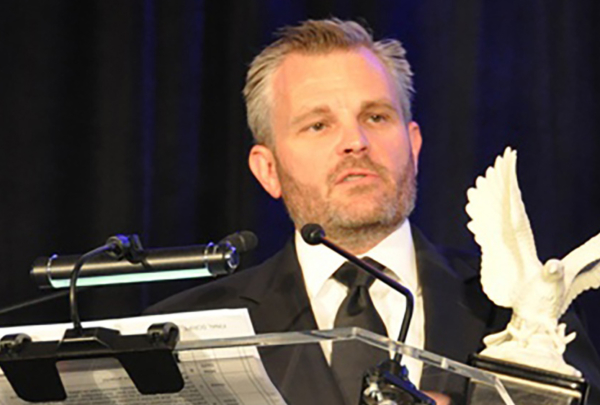One seemingly simple concept – processing clean water and wastewater appropriately – has complicated implications for municipalities and industry. Haskell is the information provider a client needs to determine the best strategy for addressing the water cycle.
The One Water concept recognizes the urban water cycle is a single, integrated system.
“Fresh water coming into a facility and wastewater going out is the same water and needs to be treated as such and not disposed of,” said Bryan Bedell, Vice President and Haskell’s Water Market Leader. The converse is true at municipal water and wastewater plants, where influent water is dirty and effluent water is clean.
The water industry is beginning to manage all local water resources in a manner that supports a sustainable and vibrant community. On the water side, the focus is on more than reliable and clean drinking water. Water conservation, rainwater harvesting, and non-potable uses are also considered. On the wastewater side, the focus is shifting from out-of-sight wastewater treatment and disposal to the functional use of wastewater for environmental and human needs.
The food, beverage and consumer goods industries, in particular, now have to decide what happens to water after it serves its production-related purpose and becomes a waste stream. As a thought leader in collaborative delivery, Haskell provides the right solution for each client’s unique situation. Haskell’s collaborative approach ensures an effective outcome for each project.
“Value engineering in our industry often is equated with the cheapest solution, but our goal is to bring value to projects without diminishing quality,” Bedell said. “Our collaborative approach means we get involved at the earliest point in a client’s project, which allows us to provide a feature-benefit analysis to make informed decisions that best meet all of the owner’s needs.”
Wastewater management is about more than just containing costs. Some projects offer the opportunity to provide revenue, as well. When the City of St. Petersburg, Florida, wanted to turn its biosolids management into a revenue stream, Haskell found an innovative way to reduce waste and generate income at the Southwest Water Reclamation Facility.
As the project’s construction manager at-risk (CMAR), Haskell modified the facility to produce Class AA biosolids, which meet the U.S. Environmental Protection Agency’s (EPA’s) fertilizer guidelines and produce biogas. Both can be sold to generate revenue, and the biogas also can be used to power the plant.
Haskell also was able to identify significant operational savings. The project’s preliminary design showed all facilities constructed on structural piles. Haskell conducted a geotechnical investigation using its in-house resources and determined that not all facilities needed structural pilings, a savings of $10 million. In addition, the improved facility could process sludge from two other process plants. The results are increased revenue and lower costs, both wins for the city.
Haskell brings its clients broad experience in addressing issues related to cost and public opinion, urban development patterns and tradition, as well as accepted scientific theories and emerging technologies. This collaborative delivery approach produced significant benefits for the Macon Water Authority (MWA).
Macon’s Lower Poplar Water Reclamation Facility (WRF), built in 1959, was last renovated in the 1980s. Rocky Creek WRF, built in the early 1970s, had never been renovated. Costs were ballooning as equipment neared the end of its service life. The MWA contracted Haskell for significant renovation and equipment installation to make the wastewater treatment processes cleaner and more efficient, an investment of more than $49 million that represented one of the largest capital projects in its history.
Employing the design-build delivery method that it pioneered decades earlier, Haskell participated from the beginning of the project, handling preliminary design, detailed design and construction, all within a collaboratively agreed-upon Guaranteed Maximum Price (GMP).
Haskell kept the project on schedule and within budget, saving the client millions of dollars, partly by reusing and rehabilitating a number of the existing structures instead of building new ones.
“In the end,” Bedell said, “the client almost doubled the contract to include additional work because they were so pleased with our performance.”
On other occasions, Haskell has brought state and local government entities together with private industry leaders to find innovative solutions for projects that no single entity could have financed or accomplished.
“Typically, wastewater management projects in response to growth or environmental changes require it,” Bedell said. “But when needed, Haskell proactively seeks developmental projects to help municipalities solve issues that have not been addressed previously and for which often there is no government entity that brings structure to solving the problem.”
While public wastewater management projects focus primarily on environmental issues and taxpayer benefits, the private industry also realizes the benefits of reusing wastewater in recouping costs.
Zero Liquid Discharge (ZLD) is a key goal for many facilities. In response, they are leveraging new technology and upgrading to equipment that is more efficient and less costly to operate. This also allows them to reuse water for non-potable applications.
“Clients can reduce fines while serving as stewards in the community committed to improving the environment,” said Tiffany Shaw, Haskell Vice President and Industrial Water Market Leader director of Design-Water. “We review each project and select technology that specifically reaches the client’s goals. Our team of water/wastewater experts provides innovative solutions that work and meet customer goals at a competitive price.”
Driven by our core values of Team, Excellence, Service and Trust, Haskell is committed to contributing to the communities where we live and work. Contact us to discuss your facilities – and your community’s – needs.

